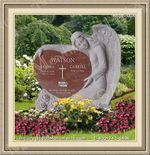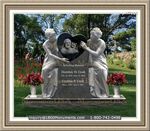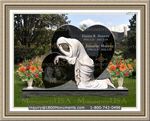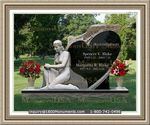|
Learning Details Of A Jewish Funeral
A traditional Jewish funeral has certain elements to it. The main aim of these rituals is to honor the dead person, while being sensitive to his surviving family members. Generally, the specific customs carried out depends on the community the deceased person hailed from. But there are general customs that are observed at most burials.
Burial is normally carried out within a day when a person dies. The burial may be postponed for another day or two, so as to wait for any close family member who has to travel from a far place to attend the burial. It's totally up to the family to decide whether the burial should be postponed or whether it should go ahead as required by custom.
Open caskets are not allowed at memorial services. The casket chosen should be simple and totally biodegradable. This means that it should be made purely out of wood. Even nails are not allowed, as they are metallic and can't decompose.
For the process of decomposition to take place naturally, embalming is not allowed. However, since Jewish customs are subject to local laws, it may be necessary to have the body embalmed. This is so as to satisfy the public health regulations set by the local council.
The memorial service should be completed within a few minutes. Flowers are not allowed, though some Rabbi's may make exceptions. Mourners are not allowed to greet the attendees until after the ceremony has been completed. Mourners accompany the deceased to their final resting place.
At a Jewish funeral, the attendees form a double line when leaving the site after the burial. The family members of the deceased walk through the pathway that has been formed. This gives an opportunity to the attendees to greet and offer words of comfort to the bereaved.
|
|



























